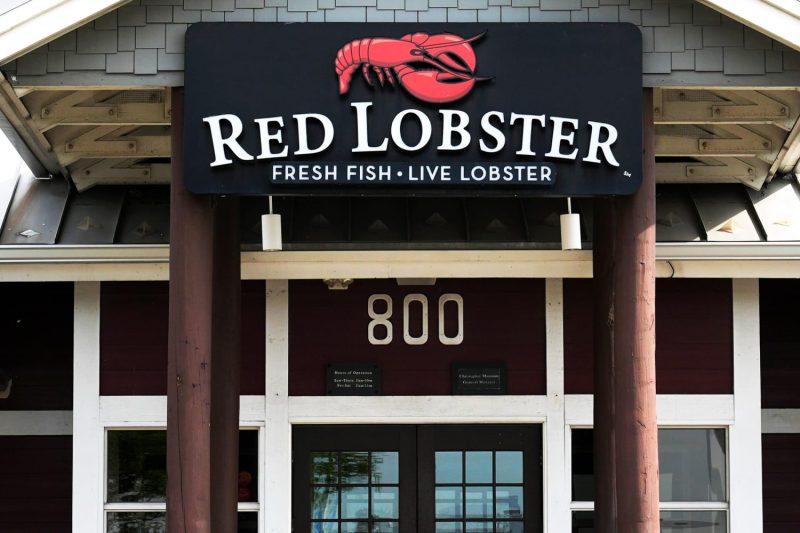In a twist of fate that sent shockwaves through the culinary industry, Red Lobster, once a preeminent name in seafood dining, found itself facing turbulent waters as a result of private equity dealings. Contrary to popular belief, the demise of this beloved chain wasn’t solely due to the popular Endless Shrimp promotion but rather a complex series of financial moves that left the company reeling.
Private equity firms had long held a fascination with the potential profitability of the casual dining sector, viewing it as a stable investment opportunity ripe for restructuring. Red Lobster, with its reputation for delectable seafood dishes and a loyal customer base, seemed like the perfect candidate for such investment. In 2014, Darden Restaurants, the parent company of Red Lobster, succumbed to pressure from activist investors and divested themselves of the chain to Golden Gate Capital for a staggering $2.1 billion.
The acquisition marked the beginning of a tumultuous period for Red Lobster. Golden Gate Capital, known for their expertise in turning around distressed companies, implemented several changes in hopes of boosting the chain’s sagging profits. However, not all of these changes were well-received by customers and employees alike. One of the most controversial moves was the reduction in portion sizes and quality of ingredients in an attempt to cut costs. This decision alienated many longtime patrons who found the dining experience no longer lived up to their expectations.
Furthermore, the shift towards a more cost-efficient model came at a time when the restaurant industry was experiencing a shift towards greater emphasis on quality and sustainability. Consumers were becoming more discerning in their dining choices, seeking out establishments that offered fresh, high-quality ingredients and environmentally responsible practices. Red Lobster’s decision to compromise on these fronts ultimately left them struggling to compete in an increasingly crowded marketplace.
The fallout from these missteps was keenly felt as Red Lobster saw a decline in sales and foot traffic, leading to a downward spiral that seemed difficult to reverse. Despite efforts to revamp the menu and rebrand the chain, the damage had been done. In 2020, the COVID-19 pandemic dealt a final blow to Red Lobster and many other struggling restaurants, forcing them to adapt to a new reality or face permanent closure.
As the dust settles on the once-vibrant legacy of Red Lobster, it serves as a cautionary tale of the dangers of prioritizing short-term profits over long-term sustainability. The tale of how private equity pinched the seafood chain serves as a stark reminder that success in the restaurant industry isn’t just about financial engineering but also about nurturing a strong connection with customers and staying true to the core values that made a brand successful in the first place.

